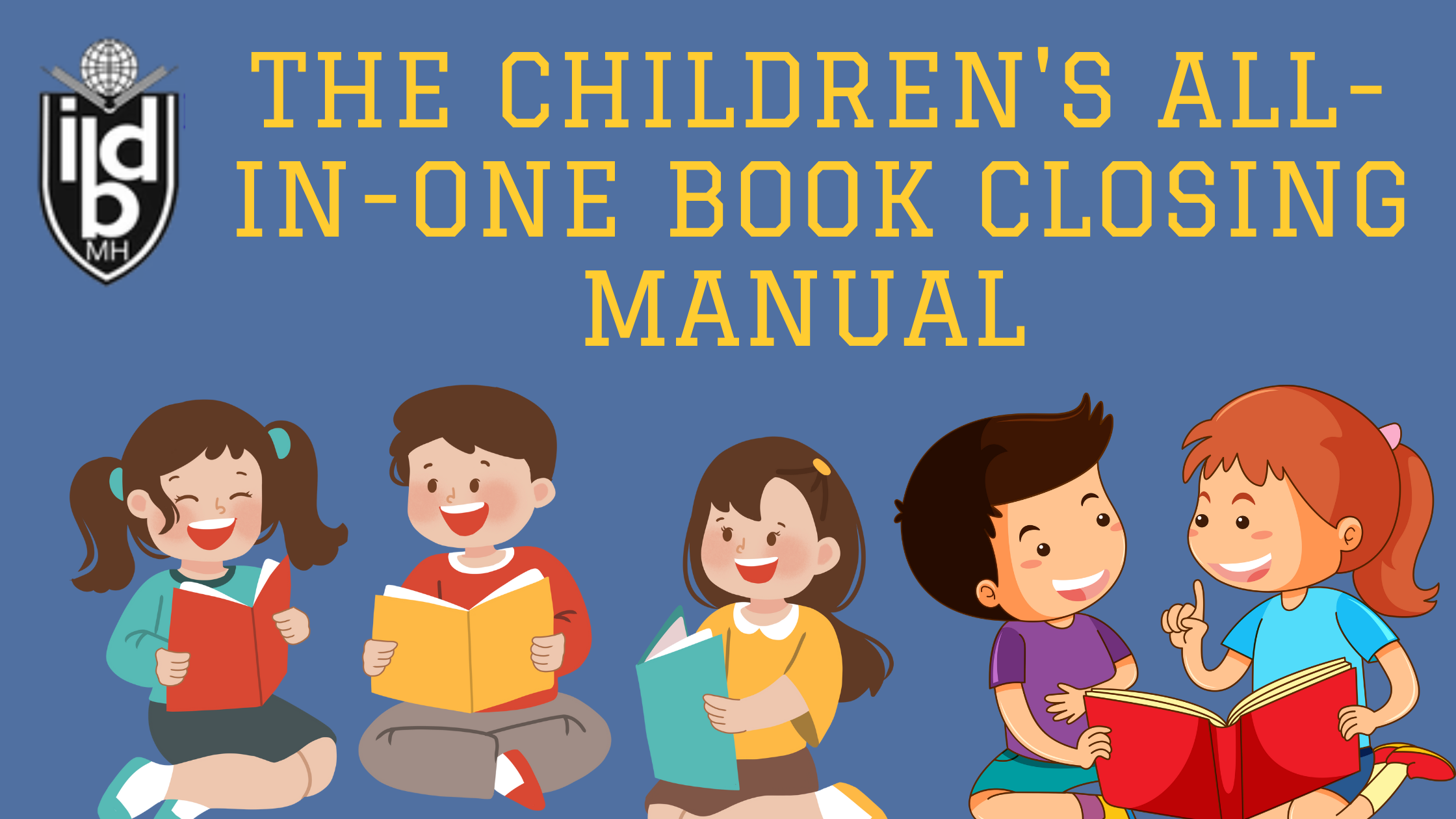How Children’s Books Help Build Early Literacy Skills

Early literacy is a critical foundation for a child’s academic success and lifelong learning. Children’s books play a vital role in this development, offering an engaging way to introduce young minds to the world of language, storytelling, and comprehension. From picture books to simple stories, the right books can help nurture essential literacy skills in children. Let’s explore how children’s books contribute to building these early literacy skills.
The Importance of Early Literacy
Before diving into the specifics, it’s essential to understand why early literacy matters. Early literacy refers to the skills and knowledge that children acquire before they can read and write. These skills include vocabulary, phonemic awareness, comprehension, and narrative skills. By fostering these skills early on, children are better prepared for formal education and have a greater chance of becoming proficient readers in the future.
Exposure to Language and Vocabulary
Children’s books are a treasure trove of language. When parents read aloud to their children, they expose them to rich vocabulary and varied sentence structures. This exposure is crucial because children learn new words and concepts by hearing them in context.
Picture books, especially, often contain descriptive language that introduces children to new vocabulary in an engaging way. For instance, books that describe a character’s feelings or the setting’s atmosphere help children understand and use new words. Moreover, repetition of certain phrases or rhymes in books reinforces word recognition and helps children remember the vocabulary better.
Developing Phonemic Awareness
Phonemic awareness—the ability to recognize and manipulate the sounds in spoken words—is a critical component of early literacy. Children’s books often employ rhythmic language, alliteration, and rhyme, making them excellent tools for developing this skill.
Books like “Chicka Chicka Boom Boom” by Bill Martin Jr. and John Archambault introduce letters and sounds through playful rhymes, helping children learn to differentiate sounds. As kids hear and repeat these sounds, they strengthen their phonemic awareness, which is foundational for later reading skills.
Enhancing Comprehension Skills
Reading is not just about recognizing words; it’s also about understanding what those words mean. Children’s books encourage comprehension skills by introducing story structures, character development, and themes. When children are engaged with a story, they learn to anticipate events, understand cause and effect, and make predictions based on context.
Parents can enhance comprehension by asking open-ended questions during and after reading. Questions like “What do you think will happen next?” or “How do you think the character feels?” prompt children to think critically about the story, improving their ability to understand and analyze texts.
Fostering Narrative Skills
Narrative skills involve the ability to tell stories and describe events in a logical sequence. Reading children’s books helps young readers understand the structure of stories, including the beginning, middle, and end.
Many children’s books feature familiar patterns, making it easier for children to grasp how stories unfold. Encouraging children to retell stories in their own words further develops their narrative skills, allowing them to practice organizing their thoughts and expressing them coherently.
Encouraging a Love for Reading
One of the most significant benefits of children’s books is the way they inspire a love for reading. When children associate books with enjoyment, they are more likely to engage with them independently. This self-driven interest in reading is crucial for literacy development.
Choosing a variety of books that match a child’s interests—whether it’s dinosaurs, fairies, or trucks—can ignite their passion for stories. Parents and caregivers can create a reading-friendly environment by providing easy access to books and incorporating regular reading time into their daily routines.
Building Critical Thinking Skills
Engaging with children’s books helps develop critical thinking skills as children learn to connect ideas, make inferences, and evaluate characters’ motivations. Books often present problems that characters must solve, which encourages children to think about solutions and outcomes.
For example, discussing a character’s choices and their consequences helps children understand moral lessons and evaluate different perspectives. These discussions not only enhance comprehension but also prepare children for more complex texts they will encounter in school.
The Role of Illustrations
Illustrations in children’s books serve a dual purpose: they capture children’s attention and enhance understanding. Colorful and engaging pictures can help convey the story and clarify complex ideas. Young readers often look to illustrations to make sense of the text, particularly when they are still developing their reading skills.
Parents can use illustrations as a tool for discussion. Asking children what they see in the pictures or how they think the illustrations relate to the text encourages deeper engagement with the story and fosters analytical thinking.
Interactive Reading Experiences
Interactive reading experiences, such as reading together or involving children in storytelling, significantly enhance early literacy skills. When parents ask children to point out characters or predict what happens next, they encourage active participation, making reading a collaborative effort.
Using techniques like “dialogic reading”—where the adult encourages the child to become an active participant by asking questions and prompting discussion—can dramatically improve a child’s engagement and comprehension. This approach turns reading into an enjoyable conversation rather than a passive experience.
Conclusion
Children’s books are more than just delightful stories; they are essential tools for building early literacy skills. Through exposure to language, phonemic awareness, comprehension, and narrative skills, children’s literature plays a critical role in preparing young minds for the complexities of reading and writing.
By fostering a love for reading and engaging children in interactive experiences, parents and caregivers can lay a strong foundation for lifelong literacy. So, pick up a book, cuddle up, and let the magic of stories transform your child’s learning journey—one page at a time.




